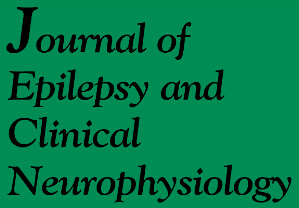INTRODUCTION: The guidelines aim to improve the quality of patient care and optimize the health care resources. They orient those who develop policy, audit, profile, monitor quality and conduct utilization review. They have become a need for neurologists. METHODS: Factors affecting antiepileptic drug (AED) selection for newly diagnosed or untreated epilepsy were reviewed as well as pharmaco-economic studies of AED. Principles of treatment guidelines were discussed. RESULTS: AED specific variables, patient specific variables as well as nation specific variables were presented. There was little good-quality evidence from clinical trials to support the use of newer monotherapy (or adjunctive therapy) AED over older drugs. There is consistent evidence of efficacy/effectiveness to support the use of traditional AED in the initial treatment of some recently diagnosed epilepsy syndromes and seizure types. CONCLUSION: Evidence based guidelines are increasingly used nowadays. Evidence based guidelines of AED efficacy and effectiveness as initial monotherapy for epileptic seizures and syndromes strongly supports the use of conventional AED in most epilepsy seizures and syndromes.
antiepileptic drugs; based evidence guidelines for the initial monotherapy in epileptic seizures and syndromes
